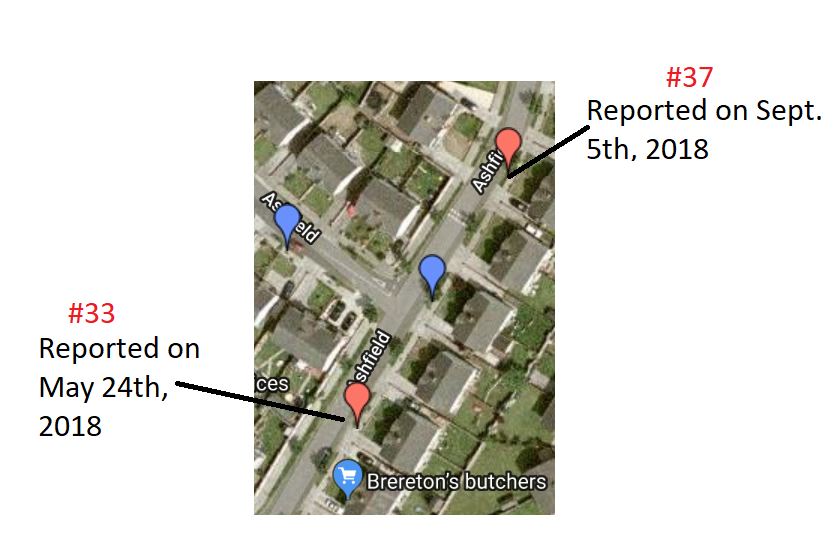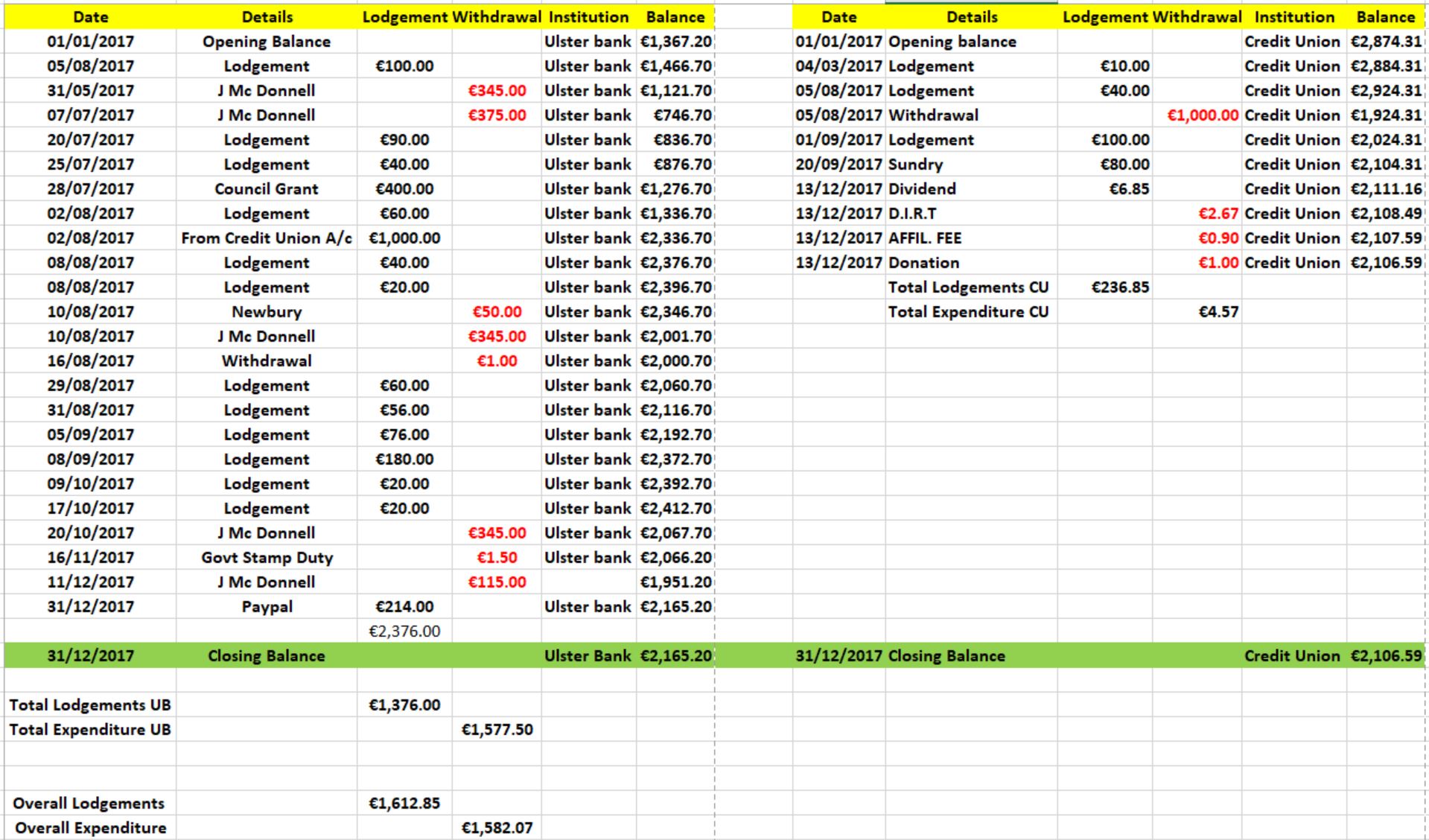We regularly get asked what can be done about dogs in the estate – either stray ones, barking dogs, or fouling the area. Here is some information that may be of help:
The Council operates a dog pound and it is located in Zone B, Mullingar Business Park, Mullingar, Co. Westmeath N91 XE08.
Opening hours: Monday, Wednesday, Friday 10.00am – 12noon.
Contact number: 044 93 43934 / 044 93 32226
From Westmeath County Council’s website:
Dog owners have the following responsibilities:
Dog fouling, registration, and walking:
- A person in charge of a dog must clean up when the dog fouls in a public place. Owners who fail to do so are liable to an ‘on-the-spot’ of €150
- Keep their dog/s under control in a public place. If your dog has been seized by the dog warden there is a €100 fee to re-claim your dog and boarding fees/other fees may apply. Evidence of having a licence for your dog is also required.
- Dogs must wear a collar and tag bearing the name and address of the owner. A fine of €100 can be imposed for non compliance.
- Certain breeds of potentially dangerous dogs must be kept on a leash and muzzled and be controlled by a person over 16 years, who is capable of controlling the dog, when in a public place. An on-the-spot fine of €100 can be imposed for non compliance.
- All dogs over four months must have a licence. A dog licence costs €20 and can be purchased at your local Post Office or on line at: www.westmeathcoco.ie/doglicences/
Dogs barking:
Citizen’s Information provide additional guidelines
- Excessive dog barking that causes a nuisance is an offence. You may be able to solve such problems by talking to the dog owner.
- If you don’t get a satisfactory response, you may complain to the District Court and seek a hearing. When you have received a court date, you must inform the dog owner of your complaint by using the form prescribed for this purpose under Section 25 of the Control of Dogs Act 1986. These forms are available from the District Courts and from local authorities.
- However, if you prefer not to confront the owner, consider contacting the council dog warden for advice.
The residents association is planning on installing additional dog fouling notices in the estate to further increase awareness.





